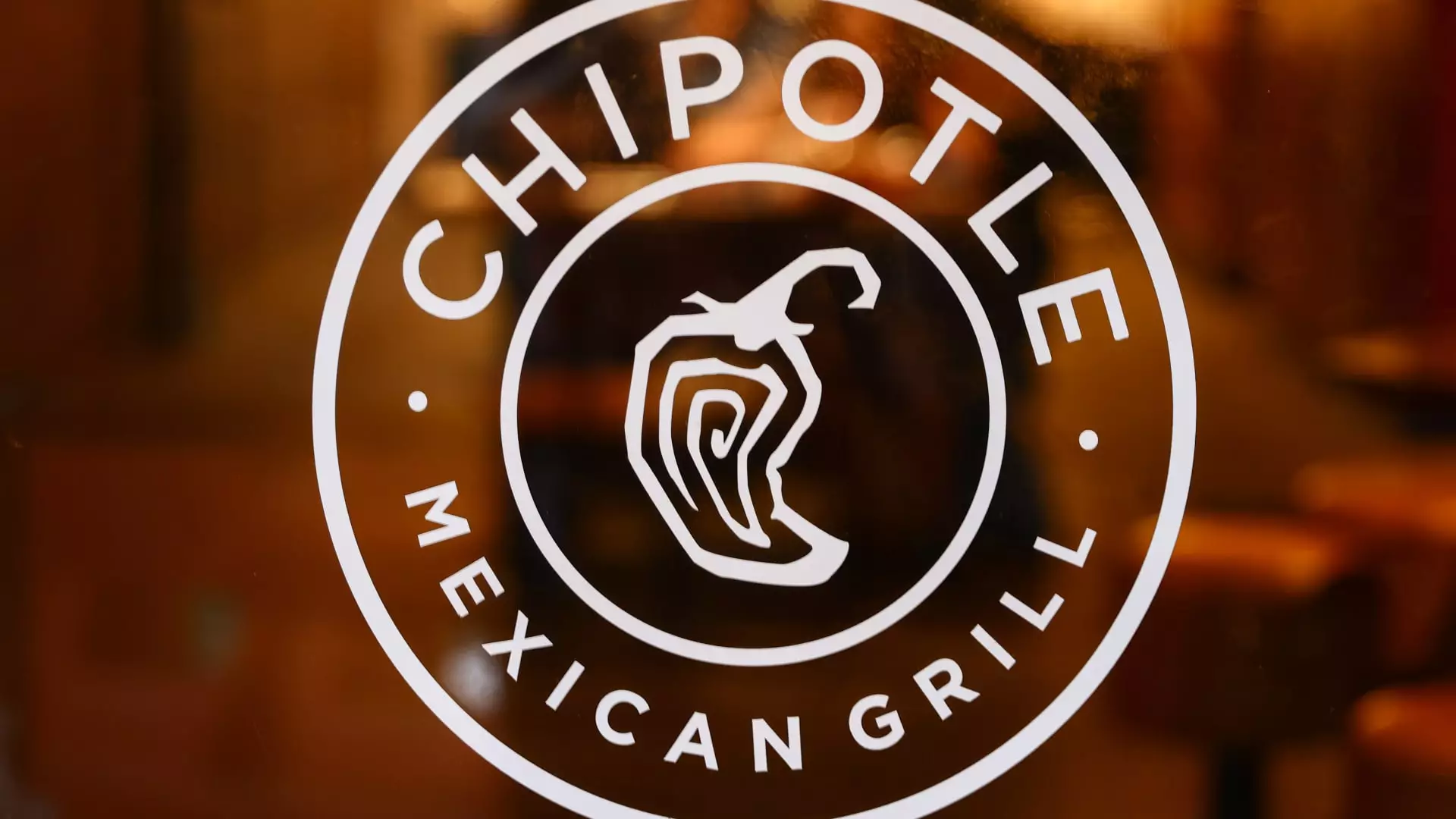Chipotle Mexican Grill’s decision to open its first outlet in Mexico is undoubtedly a bold move in its international expansion strategy, yet it raises several red flags worth noting. Amid ongoing trade tensions between the U.S. and Mexico, the restaurant chain is venturing into an unpredictable economic landscape. President Trump’s trade wars have put significant strain on U.S.-Mexico relations, and this backdrop could complicate Chipotle’s ambitions. As tariffs remain a looming presence, the viability of efficiently sourcing ingredients like avocados—about half of which still come from Mexico—remains uncertain. This fact injects an element of risk into Chipotle’s ambitious plans.
Cultural Misalignment: The Taco Bell Dilemma
Building upon the shaky waters of trade, one must also consider cultural alignment when U.S. brands enter the Mexican market. The failure of Taco Bell, a subsidiary of Yum Brands, is a cautionary tale Chipotle needs to internalize. Taco Bell attempted to introduce its Americanized fare in Mexico not once, but twice, only to meet with dismal failure. While Chipotle’s offerings do have a more genuine nod to Mexican cuisine—focusing on fresh, varied ingredients—the fact remains that American interpretations of “Mexican food” do not always resonate with local consumers. Will Chipotle’s brand of assembly-line freshness strike a chord, or will it falter under the weight of cultural scrutiny?
The Fresh Food Fad: A Double-Edged Sword
Another significant factor in Chipotle’s recipe for success—or potential failure—is the growing trend towards fresh food. While Chipotle’s emphasis on fresh, quality ingredients is commendable, it could also be its Achilles’ heel. Mexicans already have access to outstanding local fare, deeply rooted in tradition and flavor. If Chipotle’s offerings don’t stand out as exceptional compared to local cuisine, they may struggle to carve out a loyal customer base. In an age where consumers are increasingly discerning about their food choices, simply offering a fresher alternative may not be enough; authenticity matters, and Chipotle must tread carefully.
Local Collaborations: A Step Forward or a Half Measure?
The partnership with Alsea for this venture may be a strategic play, but it also raises questions about the depth of commitment to the local market. Collaborations with established players can provide essential insights and distribution channels. However, over-reliance on a third-party operator might weaken Chipotle’s ability to adapt quickly to market feedback and consumer preferences. Without a strong, authentic brand voice in the Mexican market, might the brand risk being perceived as just another corporate entity trying to cash in?
Long-Term Sustainability: A Numbers Game
Despite Chipotle’s grand designs, sustainable growth in Mexico isn’t guaranteed. Even as the chain eyes expansion in additional Latin American markets, entering a competitive landscape requires more than just optimism and a willingness to experiment. The company’s past crisis involving food safety issues follows it, and consumers may still harbor skepticism about its commitment to quality, especially in a market that values fresh ingredients. Chipotle must tread carefully as it looks to engage a customer base that is both critical and discerning.
While Chipotle aims to capitalize on the robust culinary culture of Mexico, they must navigate hopelessly complex waters—marked by trade issues, cultural misalignment, and market skepticism—to emerge successful. The odds of success are on their side—a gamble in which the stakes are unceasingly high.

